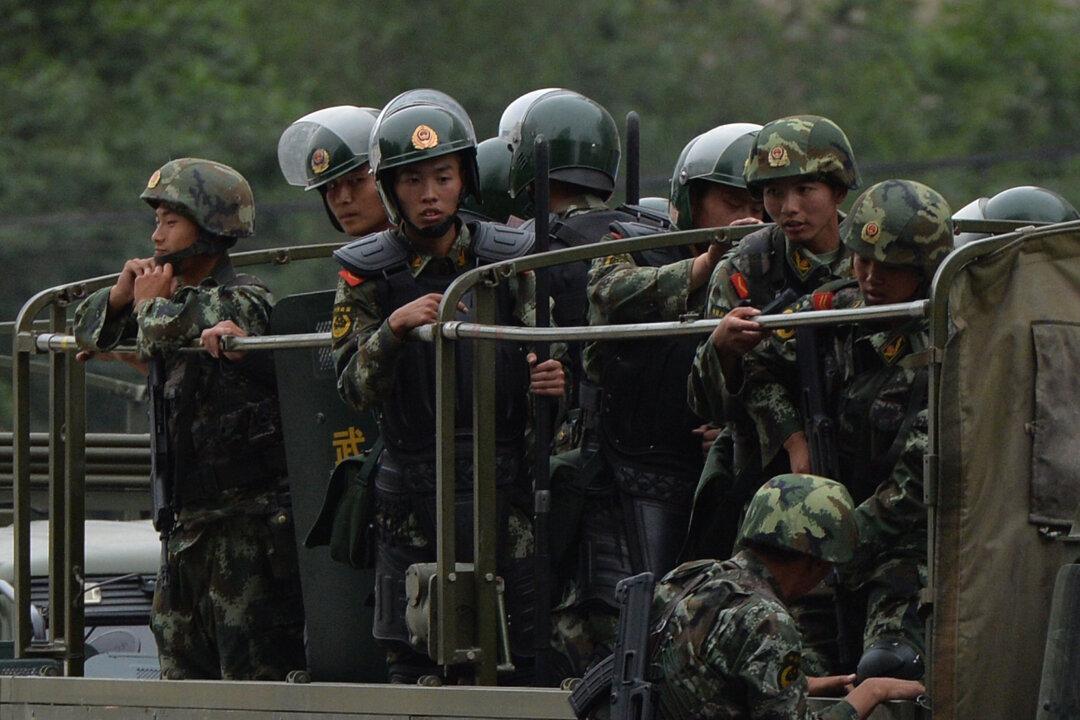The Chinese regime is growing more concerned about whistleblowers, particularly within its military. It has launched a broad campaign to reiterate and strengthen what are mainly existing laws to prevent information from leaking out.
A revised version of the Chinese regime’s Military Grassroots Construction Guidelines was released on Feb. 4 by the Central Military Commission (CMC). The military security revisions come in light of the updated Counterespionage Law released last Fall.





